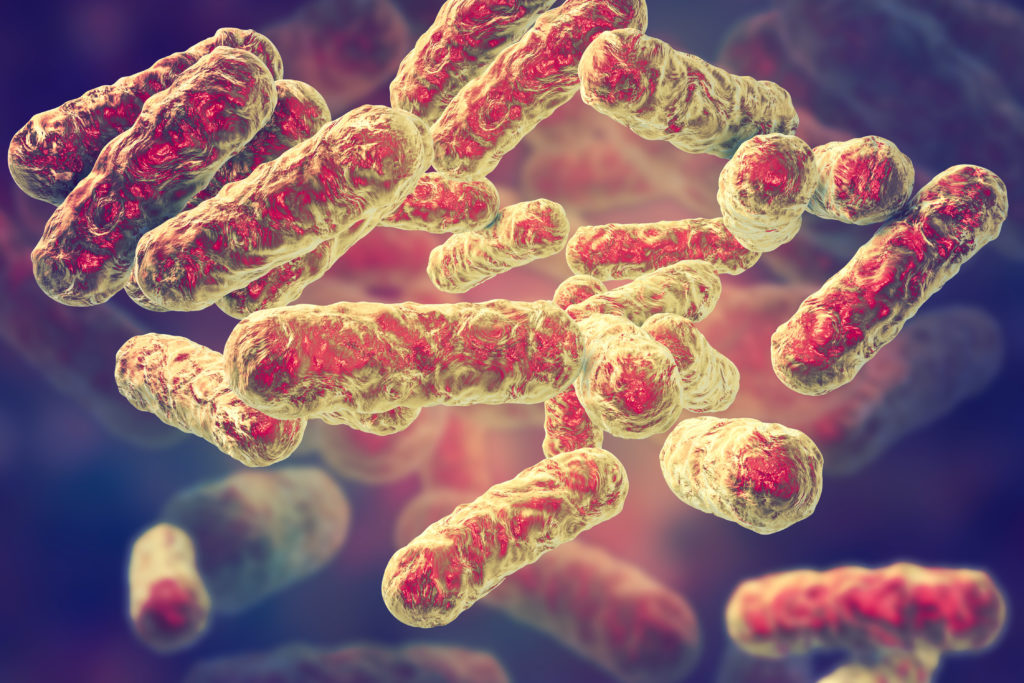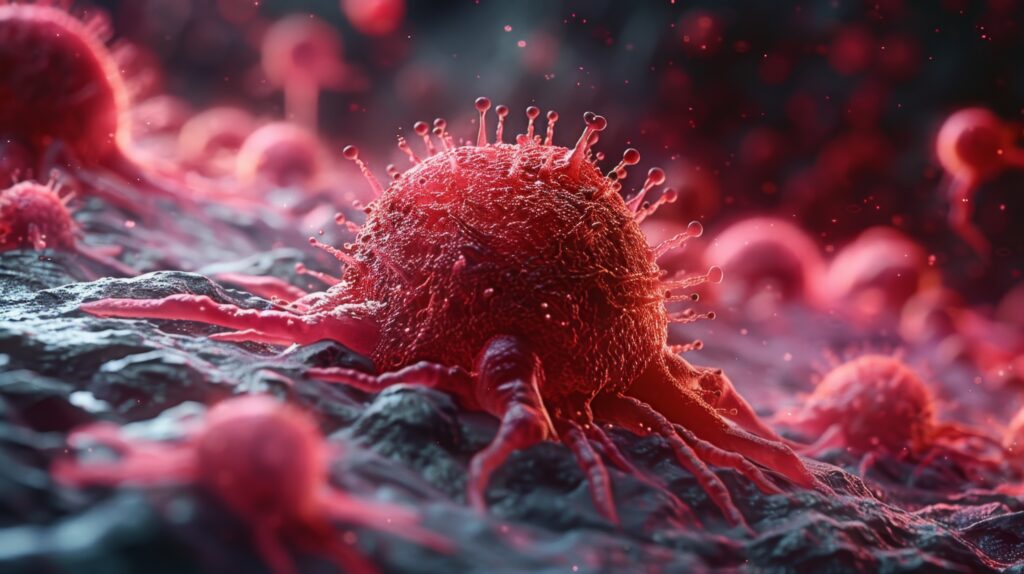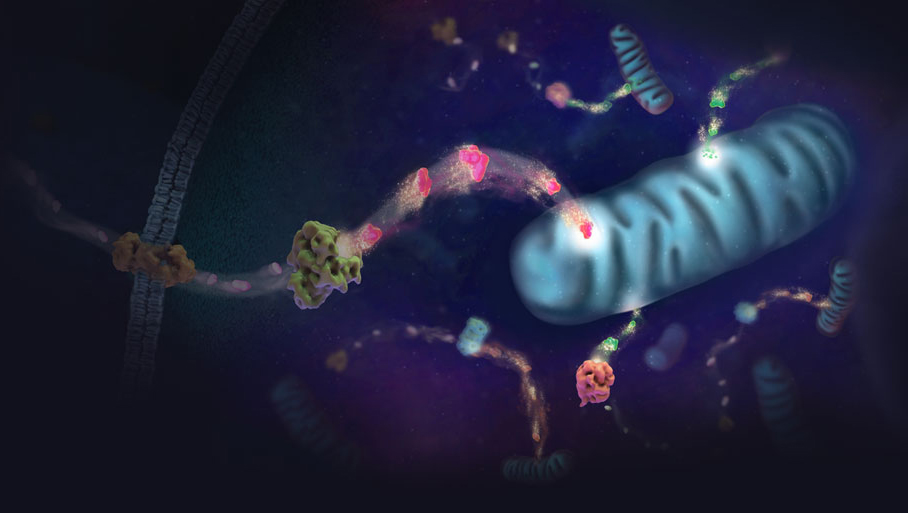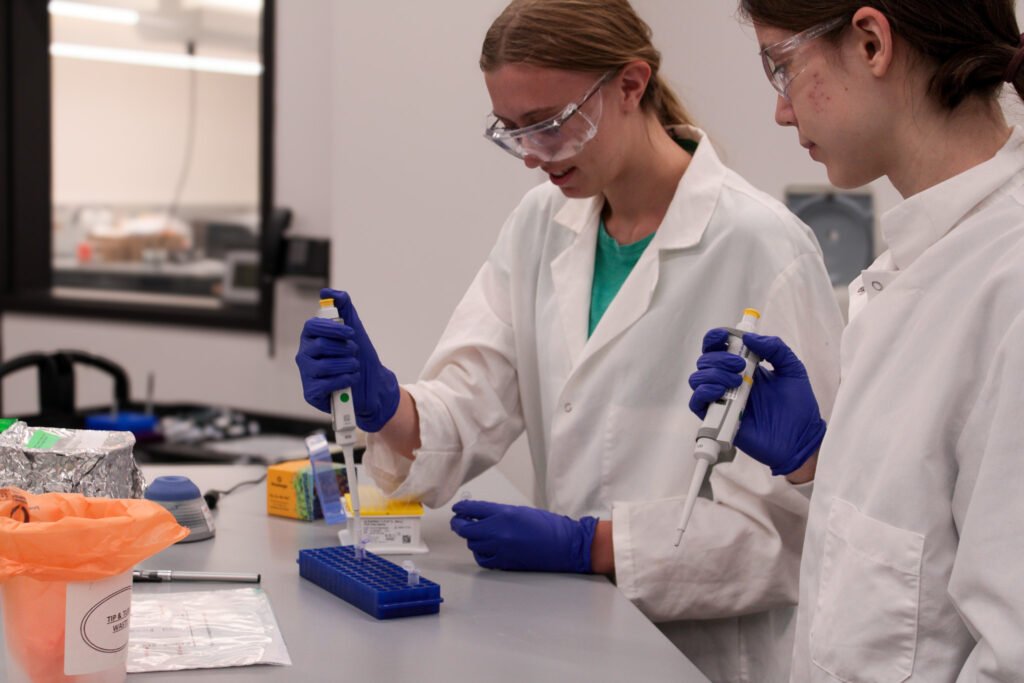
If she weren’t working at Promega, Evie Zadzilka probably would’ve spent the summer after high school graduation taking summer classes before reporting to her freshman year at the University of Wisconsin-Madison. She runs a small art business, and she might’ve spent more time taking commissions.
Instead, Evie spent the summer before college as an intern in Promega R&D, honing her pipetting skills as she learns about primer design and contributing to the development of a new Promega assay.
“I’ve had a great time,” she says. “I’ll definitely take a lot with me from this experience. I’m so glad I got to do it.”
Evie and her fellow intern Tess Clark were the two high school-aged interns placed at Promega through a relationship with a Madison-based nonprofit called Maydm. This organization helps girls and youth of color in grades 6-12 prepare for careers in STEM by providing educational opportunities and experiences. Through school and summer programs, they strive to disrupt systemic barriers by empowering students like Evie to pursue their dreams as entrepreneurs, developers, engineers and more.
“This will really boost my confidence when I get into lab work next year,” Evie says.
High School Internships at Promega
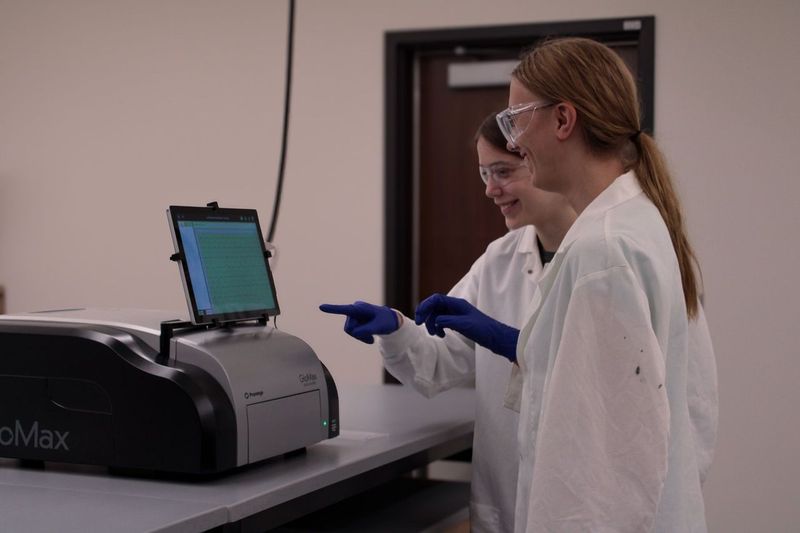
During their senior year of high school, Tess and Evie were both enrolled in dual-credit courses through Madison College. These classes made them eligible to apply for a high school internship through Maydm.
“I’ve been interested in research for a very long time,” says Tess, another recent school graduate preparing to enter the University of Wisconsin-Madison. “I’m going to major in physics next year, and I don’t have many ties to the biotechnology or chemistry I’ve worked with at Promega. But I wanted hands-on lab experience, so that’s how I ended up here.”
Continue reading “High School Interns Get Hands-On Experience in Promega R&D”


